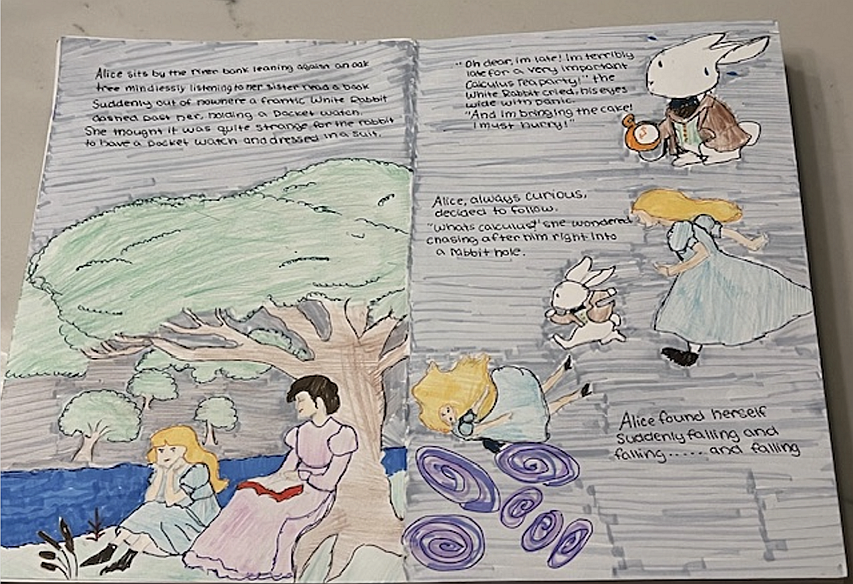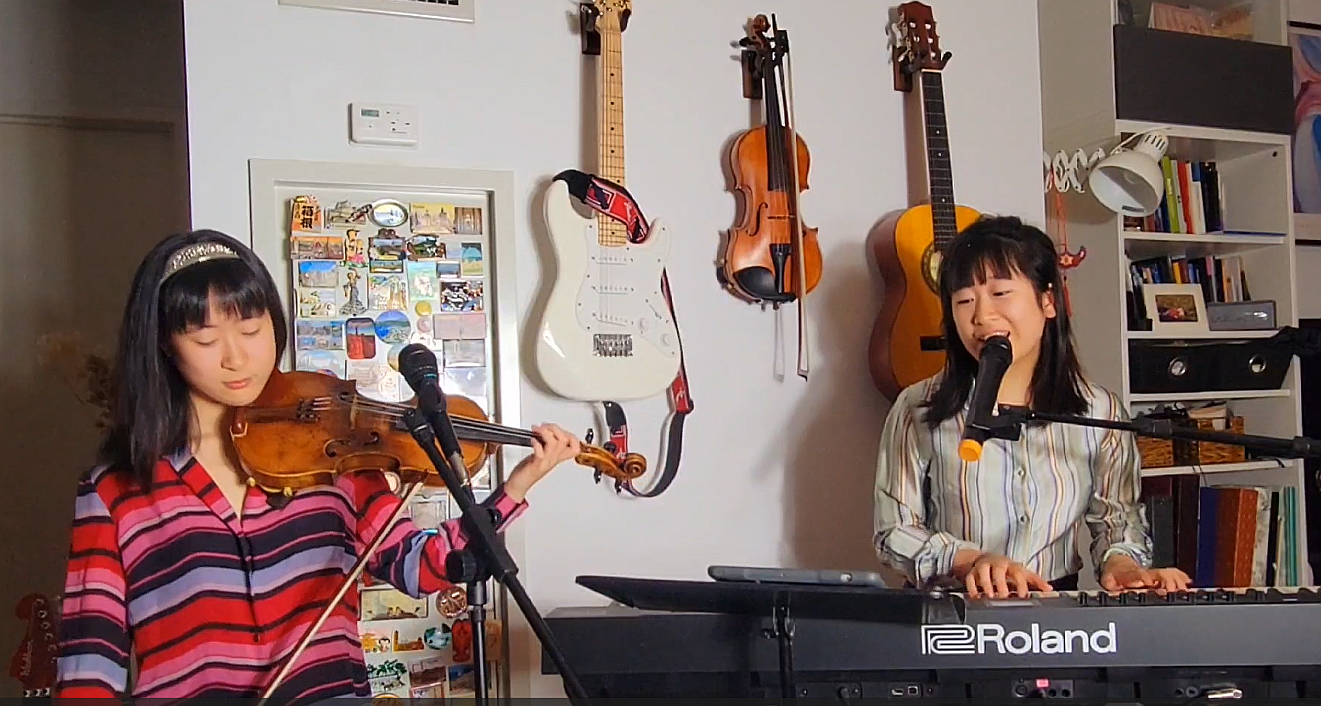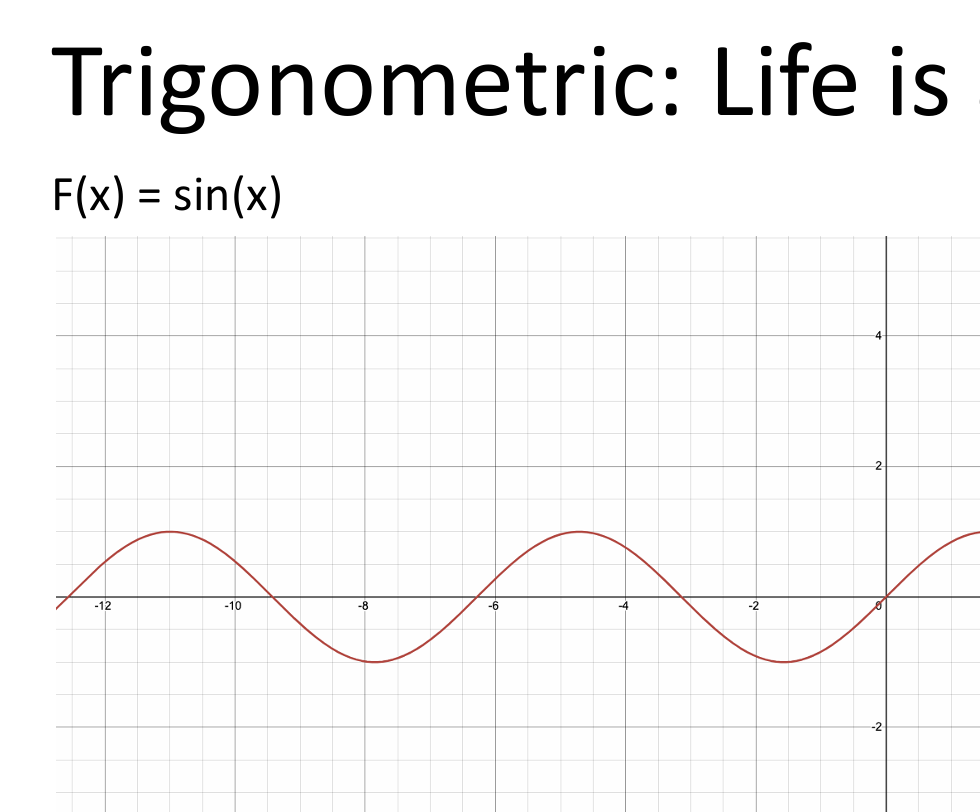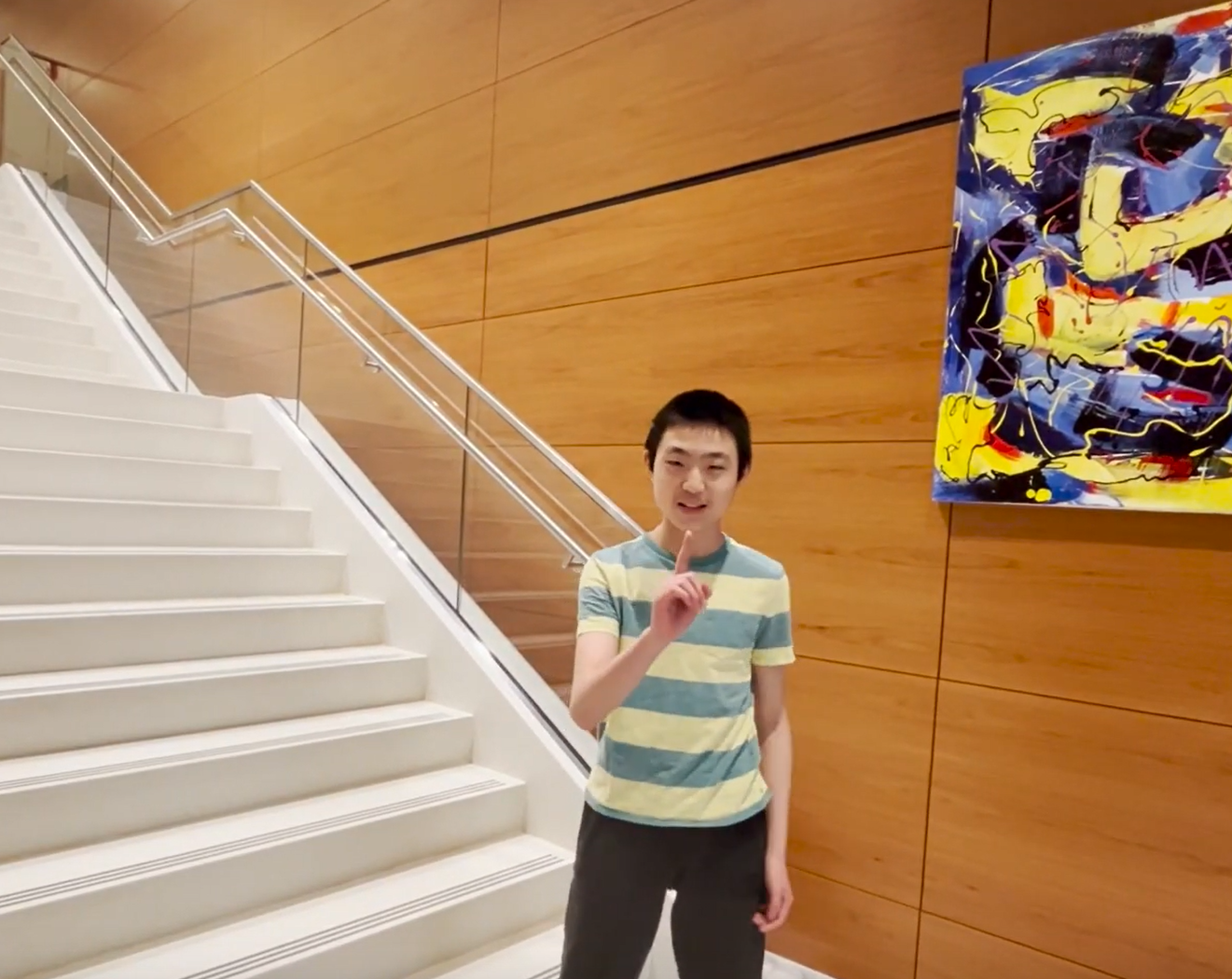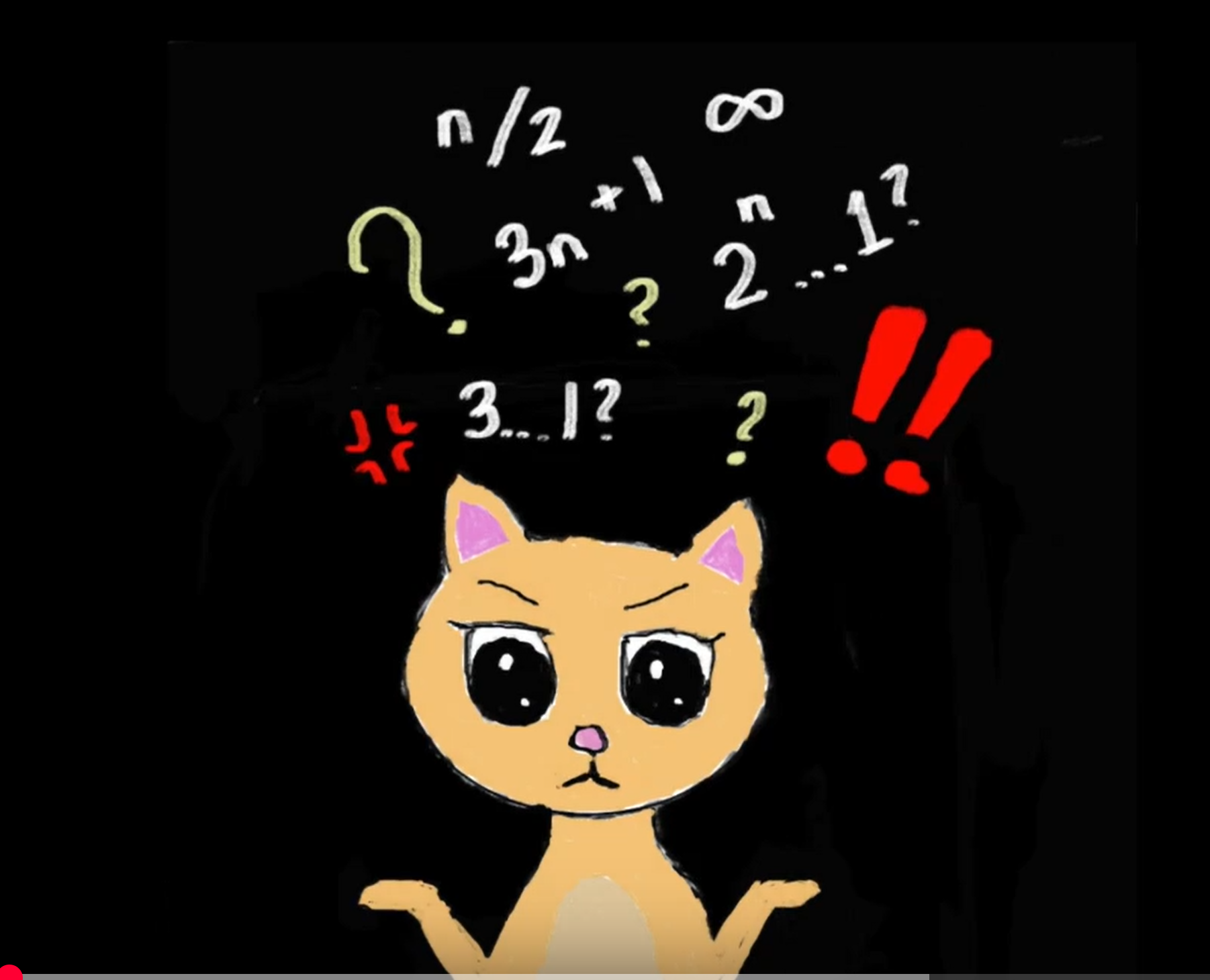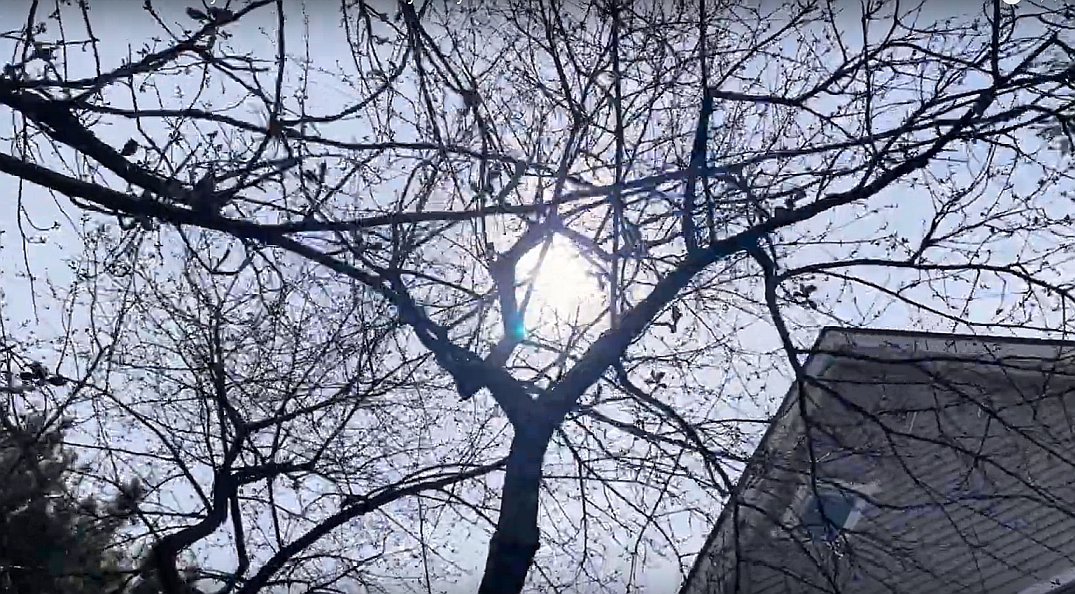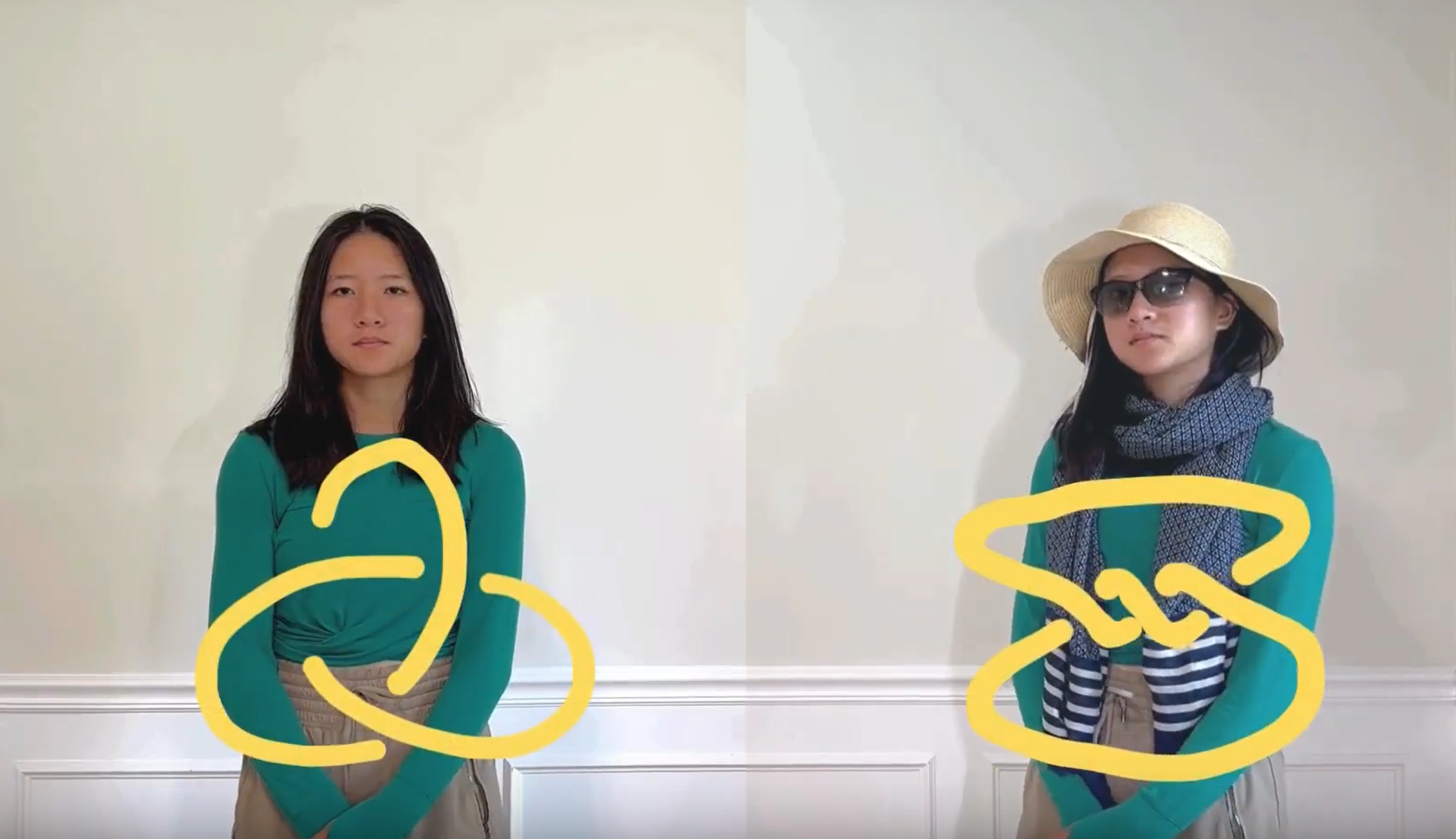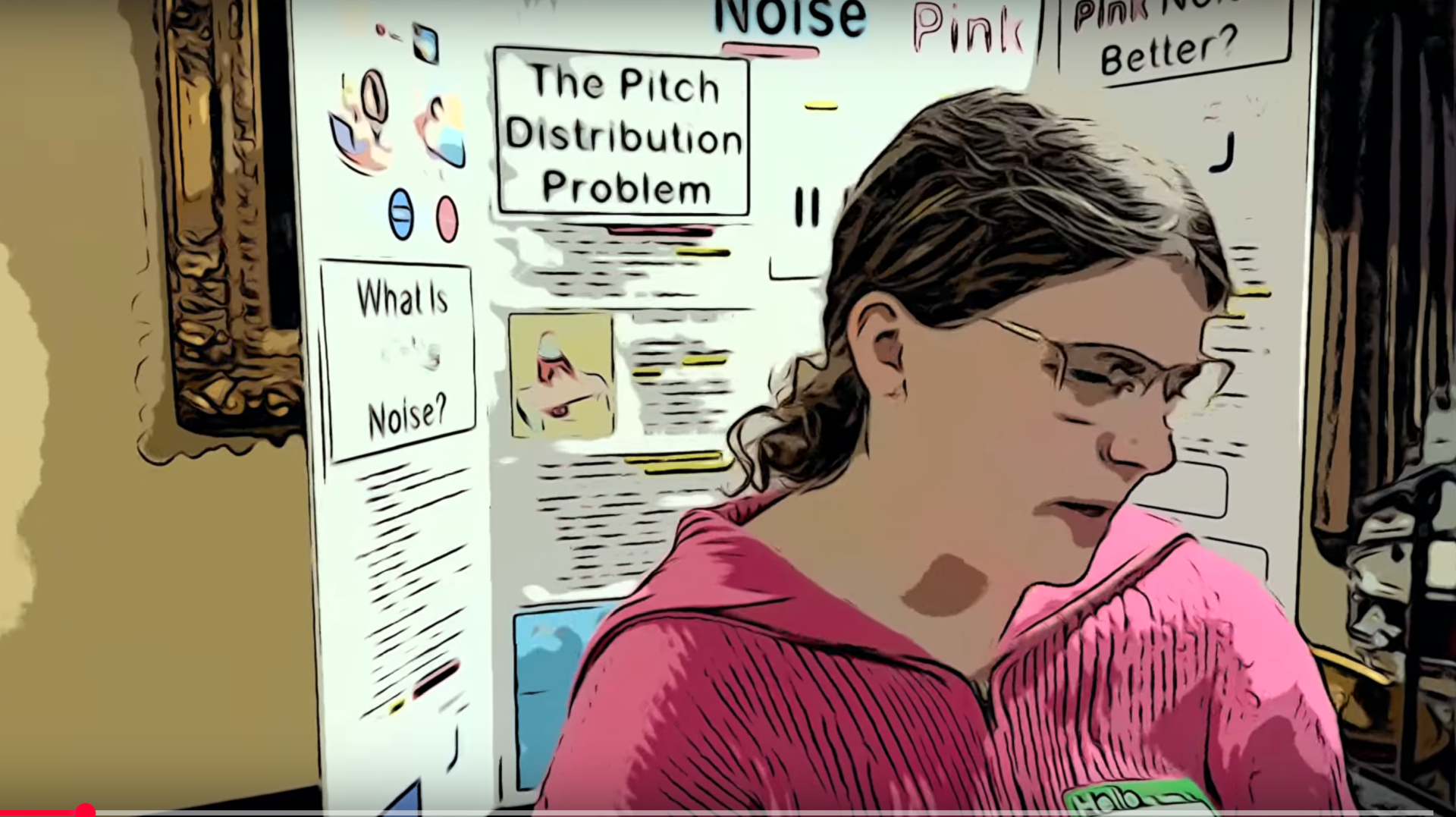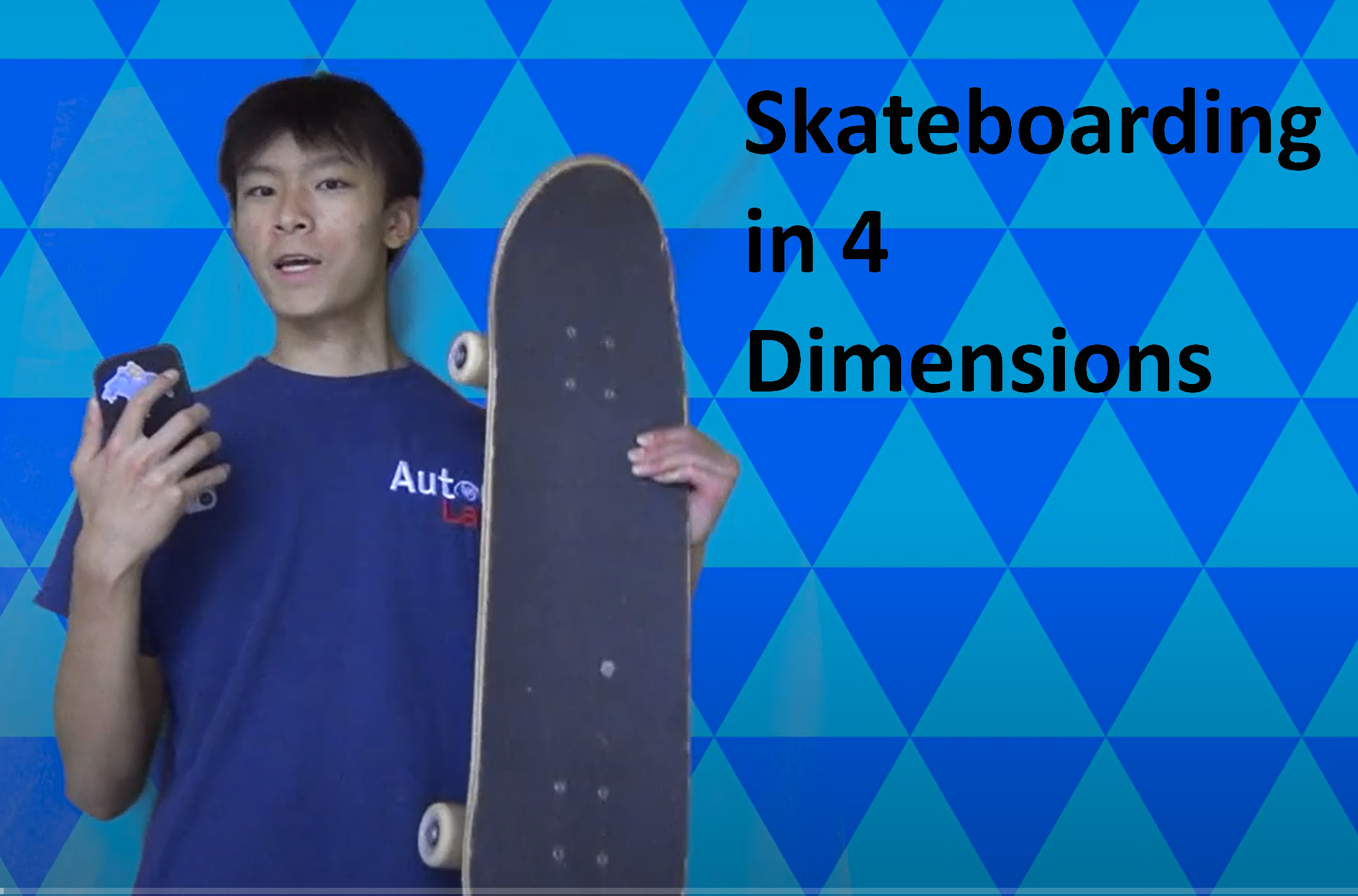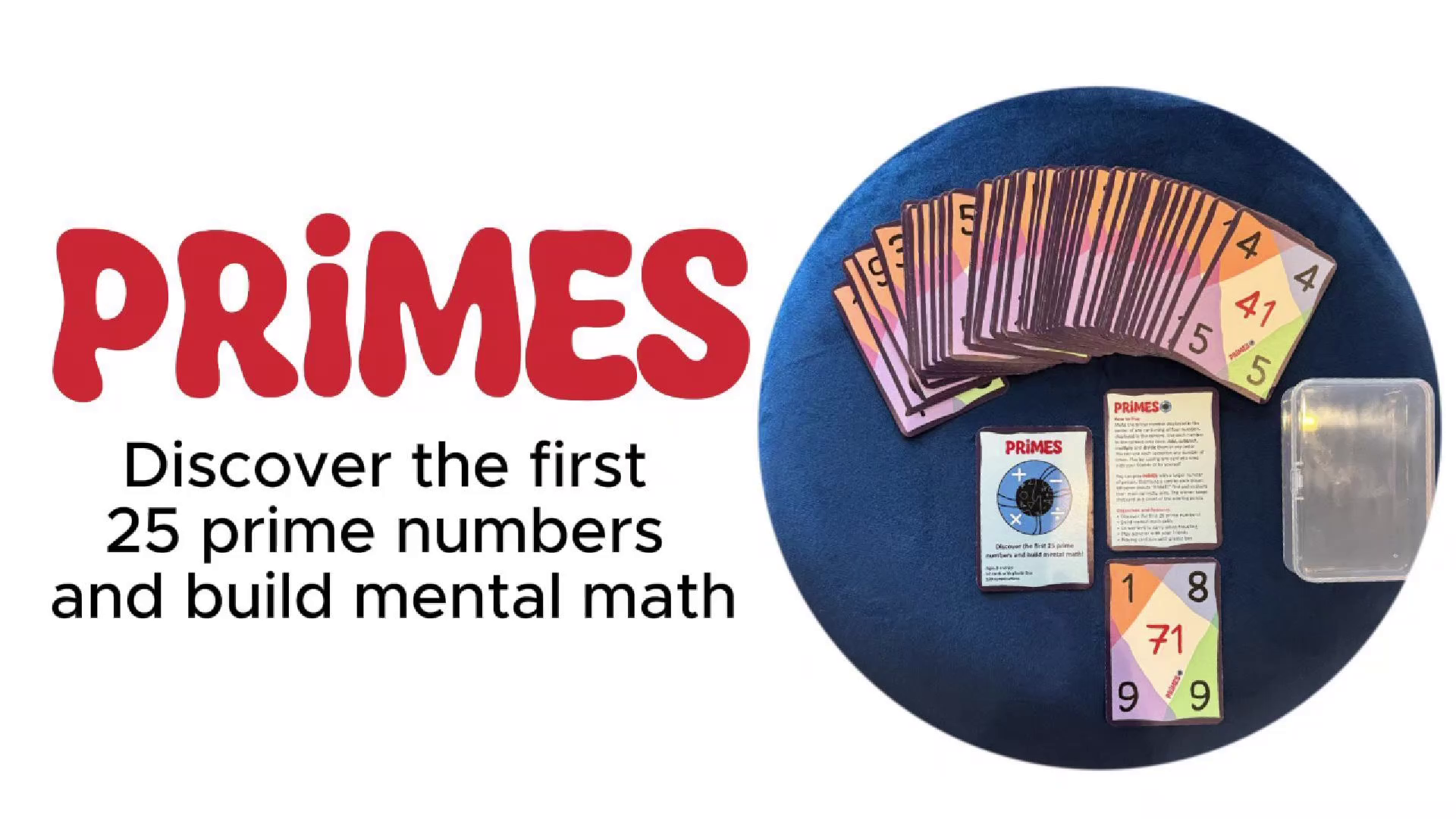Desert Island Math
Mondays at 6:30 pm ET (New York)
April 11, April 18, April 25, and May 2
Appropriate for ages 10 to adult.
(online)

Imagine you are stranded on a desert island with just pencil and paper — and one mathematical concept to explore. Your goal? To discover as much as you can about that topic. Join mathematician Paul Zeitz in an adventure combining mindfulness and play as we take a single, simple mathematical idea and look at it from as many perspectives as possible. Even alone on an island (or during a pandemic), you will never be bored as long as you have math and your imagination!
This series is recommended for adults and children ages ten and up. While geared toward beginners, these sessions will also contain food for thought for experts.
Squares and Cubes
Monday, April 11 at 6:30 pm ET (New York)
The operation of squaring — that is, multiplying a number by itself — may seem mundane, but nothing is mundane when you really focus on it. Join us to see how a few very innocent questions about squaring (and possibly cubing) take us beyond simple arithmetic into surprising branches of mathematics.
Shortest Distance
Monday, April 18 at 6:30 pm ET (New York)
We all know that “the shortest distance between two points is a straight line,” but that’s only true if the points lie on a two-dimensional plane and there are no other constraints. What if they don’t lie on a plane? Or what if there are obstructions? Delve deeply into a few such situations and learn a bit about optimization and non-Euclidean geometries in the process.
Geometric Constructions
Monday, April 25 at 6:30 pm ET (New York)
It’s time to get out some paper, a pencil, and the best compass you own (computer simulations are OK, too!). Enter the ancient and serene world of traditional geometric constructions, where we are only allowed two tools: a compass to draw circles and a straightedge to draw lines. Keeping our toolbox small in no way constrains our imagination: we can do amazing things with these two tools — even if they are “broken!”
Polyhedra
Monday, May 2 at 6:30 pm ET (New York)
Why study polyhedra? Because it‘s fun to build things! But also because simple 3-D objects like polyhedra are right at the edge of what human brains can imagine. The jump from 2-D polygons to 3-D polyhedra can inspire us to think about even higher dimensions. As we explore polyhedra, we will frequently ask, “What does this have to do with the 2-D world that we understand well?” and “How can we use this to jump into the 4th dimension?”
These are online-only events; all registrants will be participating remotely. Occasional video recordings are made available for a fee at videos.momath.org.
